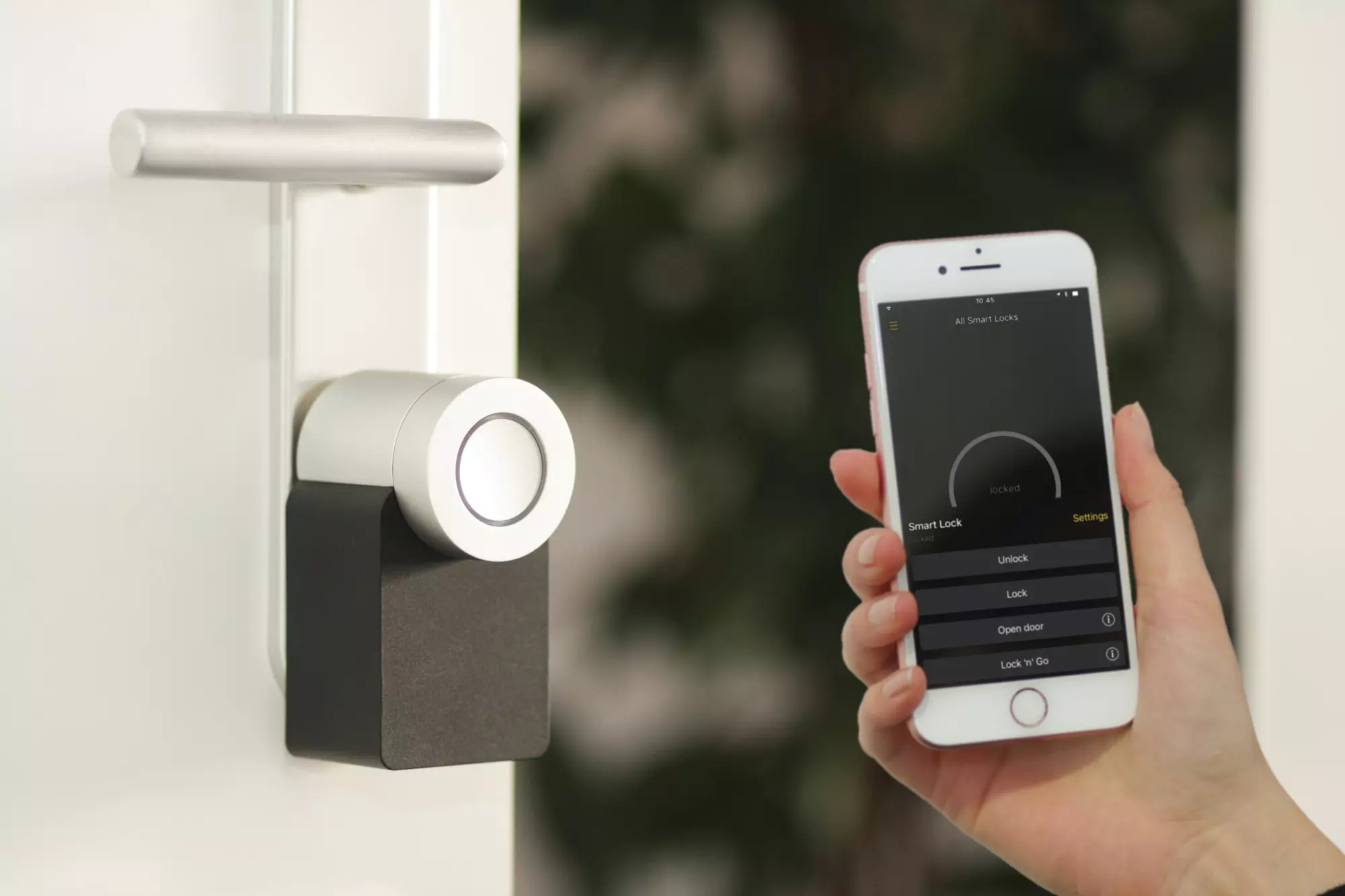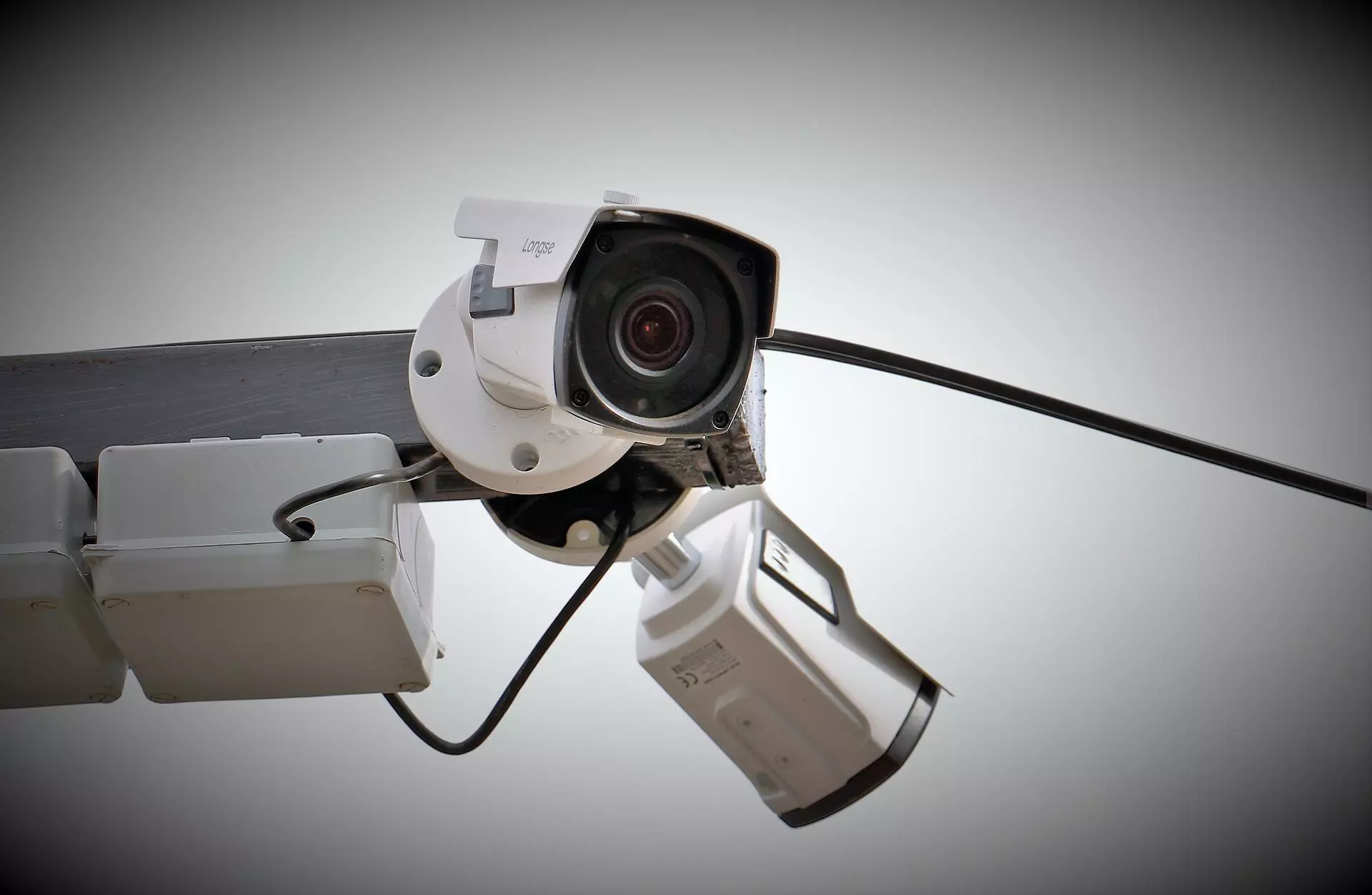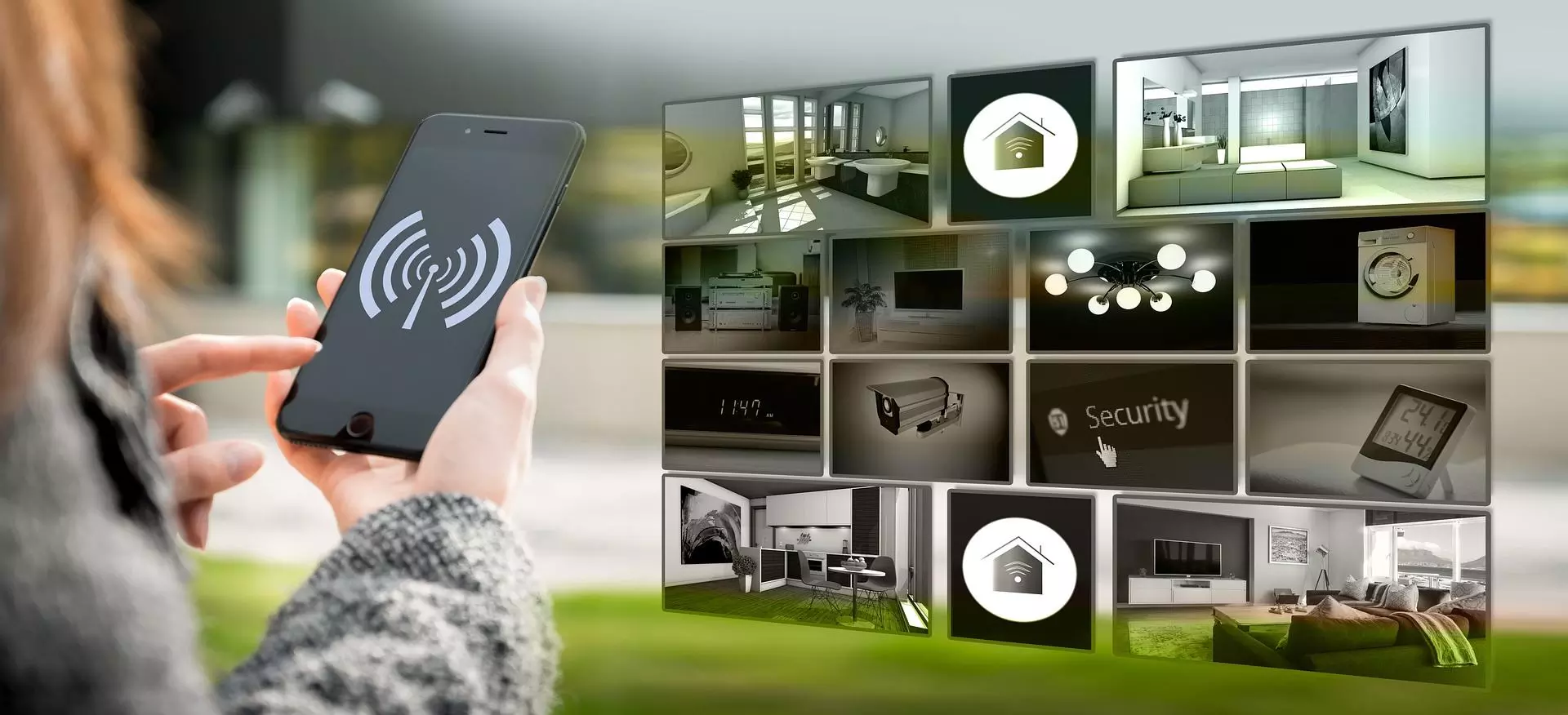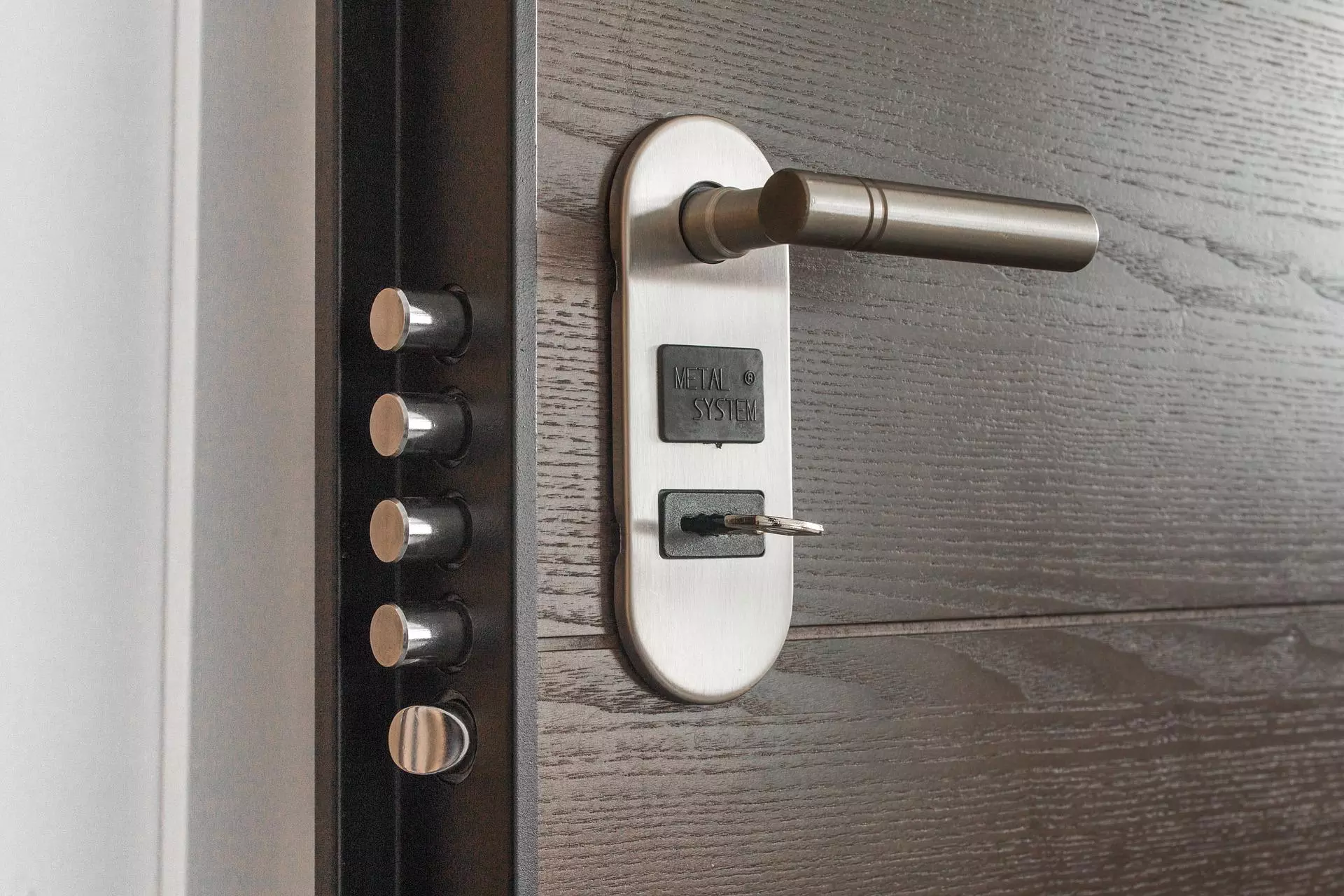What are the different types of home security system? Find out more about the types of home security systems available and how to choose the best security system.
What is a Home Security System?
A home security system, to use the term at its most generic, is a network that secures a property by linking several devices and interworking parts. The security systems described above usually come in the form of interconnected digital appliances that work together, with the main control panel, in order to safeguard property against home invaders and other potential property dangers.
A common home security system will include the following:
- A central control panel that will control all the other elements of a security system
- Either wired or wireless security cameras
- Interior and exterior motion sensors
- Window and door sensors
- Window stickers Sirens or alarms at a high decibel
Types of Home Security Systems

Monitored Security Systems
A monitored security alarm is one of the most common security systems for homes across the entirety of the market. Usually, this system works by alerting a nearby call centre, security team, or emergency response team whenever the security system detects an emergency such as a robbery or a fire.
This type of system comes in two distinct types, a self-monitored security system and a company-monitored security system.
Self-Monitored Security Systems
As the above name implies, a self-monitored security system is a type of security system that is controlled and monitored by yourself. This type of system will include tools and appliances such as door sensors, motion sensors, security cameras, and sirens that can automatically text, alert, or call your phone when they are activated.
The majority of self-monitoring systems will come along with an application for smartphones that will allow you to remotely monitor your property through your phone and other mobile devices. Furthermore, this system will also provide you with the ability to either call the emergency services or ask a neighbour to check for signs of an emergency whenever you receive a security notification and you are not home.
Even though self-monitored security systems are considered to be both efficient and very modern, they still have pros and cons.
Pros
- Real-time alerts whenever the system becomes triggered. This allows for very quick response times so you can contact the police or send someone to check your property and ensure it is safe.
- Self-monitored security systems are very functional, meaning they can easily be relocated to another area or a new home. The entire system can easily be installed and uninstalled by one person.
- The camera systems can be used for recording and monitoring any video evidence of trespassers.
- Best of all, self-monitored security systems are highly affordable.
Cons
- Self-monitored security systems require a Wi-Fi connection in order to work. This means the system will stop working in a power cut.
- If you are in an area with no mobile service, then you can miss an intruder alert.
- It is common for self-monitored systems to have no alarm systems to repel intruders.
- The coverage of a self-monitored security system camera is limited to the area where they have been installed.
- It is expensive to have multiple security cameras installed.
Company Monitored Security Systems

The difference with company monitored security systems is that they are both operated and controlled by professional organisations and personnel. This type of system includes tools such as door sensors, cameras, glass-break sensors, motion detectors, silent alarms, and loud sirens that can be used to startle intruders.
Every system has slightly different functions, but most company-monitored security systems are designed in order to notify their respective contact centre whenever an emergency event takes place while the system is armed.
Many company monitored security systems will also send a verification phone call in order to check that the alarm system was not triggered accidentally. At this point, the security company will send out assistance or contact the police to investigate in case you do not respond or pick up the phone.
Pros
- Most company monitored security systems operate using traditional phone or cellular radio lines and will come along with a battery backup.
- You do not need to contact your local emergency services yourself in a situation where you are away from home, or your phone is not reachable.
- The system's alarms and sirens are likely to scare away any intruders as soon as they break into your property, leaving your property undamaged.
Cons
- If you accidentally trigger your system, then you will need to answer your phone in order to disable it. If you cannot, then the authorities will be contacted.
- If the police or a security company are dispatched to your property and find no signs of a break-in, then you can be charged for a false alarm.
- Company monitored security systems usually require a contract and monthly fee.
Unmonitored Security Systems
An unmonitored security system is a different type of security system for protecting your property. This system works by setting off an extremely loud siren both in and out of your property when the system is triggered.
Some of the security items within an unmonitored security system are control panels, glass-break sensors, motion sensors, sirens, door and window sensors, and smoke detectors. All of these elements can either be installed by a professional or just by the homeowner.
Some of these systems are compatible with smartphones allowing for remote monitoring.
Pros
- Unmonitored security systems still provide a decent level of security even without a lot of the sophistication of modern monitored systems.
- These kinds of networks will usually provide more static security systems. This makes the systems much more flexible and easier to both operate and utilise.
- Unmonitored security systems are much more cost-efficient and cheaper when compared to monitored security systems because they have no ongoing fees or subscriptions.
Cons
- The majority of unmonitored security systems are highly dependent on the owner. This means they are barely worth having when the property owner is away.
- Due to these systems not being automated, any communication with law enforcement can be tricky in times of emergency or distress.
Wireless Security Alarm Systems

The components of one of these systems are quite similar to a wired system. But as you can gather from the name, there are no wires involved. The parts of a wireless security system will usually include cameras, alarms, detectors, sensors, and the main control panel.
These systems operated through a three-step process. The steps are described below:
Detection
This is the initial step of the alarm process that involves the detection of any changes in the security status of your property's environment. This can mean someone is breaking into your home, an untrustworthy individual opening the door to your home, someone opening your home's safe, the fire alarm system noticing the early signs of a fire, and more.
Annunciation
This is the stage of the alarm process that alerts the property owners of a possible break-in or other kinds of danger both in or around the home. This can be done either through sirens, alarm systems, flashing lights, phone notifications, and other methods.
Monitoring
This is the most important and critical stage of the process. It requires your alarm to be connected to some kind of monitoring service. When an emergency event takes place, then the system triggers an alarm, and the monitoring company will be notified. The company will then send the necessary help, this can mean either the local police, a medical team, or firefighters.
Pros
- Wireless security systems are both easy to install and uninstall. It will be very easy to take your house alarm with you to another property or simply change its location within your home.
- These kinds of systems are available in DIY kits. This means you can put the whole system together and get it up and running in no time. There is no need to drill holes in your walls and go through the process of complicated wiring.
- Because wireless security systems are not hard-wired, they are very easy to upgrade and change out components. It is very simple to move devices and implement new devices into the system.
- With wireless security systems, there are no wires for burglars to cut. A wireless home security system is difficult for criminals to work around because there are no wires that go from the central control panel and the detection device.
Cons
- This type of system is very vulnerable to particular kinds of interference. It might not be common, but it is possible for wireless security systems to be interfered with. For example, large objects can sometimes block their signal. There are particular types of electrical equipment that can create issues too. This can make it possible for a burglar to jam the system if they are using the right tools.
- Wireless security systems eat through batteries extremely quickly. All of the parts of a wireless security system will use batteries, and they will need replacing regularly. If you have a big home, this can mean spending a lot of money on batteries.
- These systems are very prone to hacking. It is possible for burglars to block the signals to each part of the security system. There are cheap wireless alarm systems that do not encrypt the signals between the sensors and the control panel, these are much more prone to hacking. When purchasing your security system, ensure it is safe.
Wired Home Security Systems

All the elements of wired home security systems connect to an alarm panel that has low-voltage wiring. Every entry point of your home will be wired all the way back to the main control panel, along with components such as motion detectors, security devices, and keypads.
Hardwired alarm systems provide much more trustworthy connections than wireless systems. This is because the main control panel knows the real-time status of each individual device within the system.
Pros
- Wired systems are highly reliable because there is zero reliance on sensors that use radio frequencies to communicate. As long as the property's phone line is not snipped and the wiring is not damaged, then the system will always work at its maximum efficiency.
- The system is very easy to maintain. The batteries will just need to be changed.
- Perfect for larger homes as they can carry more sensors in comparison to wireless systems.
- Wired systems are full of incredible features that will help to protect the property. This includes high-definition video surveillance and access to control panels in multiple rooms.
Cons
- Wired systems are very expensive to have installed. The price is so high due to the system having to be installed by professionals.
- These systems can be vulnerable to robbers. Trespassers can easily cut the wires that connect the whole network if they want to disable the security system.
- A wired security system can be quite difficult to uninstall. Security companies can refuse to install old equipment in a new location if you move home.
- Wired home security systems only have one main control location. This means the whole system can only be armed and disarmed from one location within the home.
If you are looking to improve your home security in Tyne and Wear or Northumberland, you will need to consider the advantages of security gates.
Follow the link below for bespoke design and installation of domestic security gates throughout Newcastle Upon Tyne, South Shields, Sunderland, Northumberland, Washington and Gateshead.


